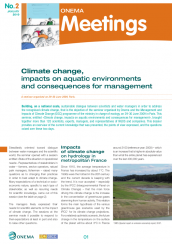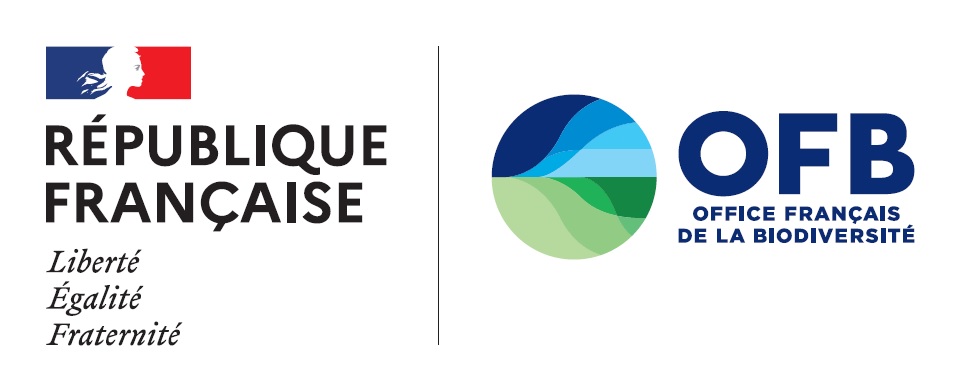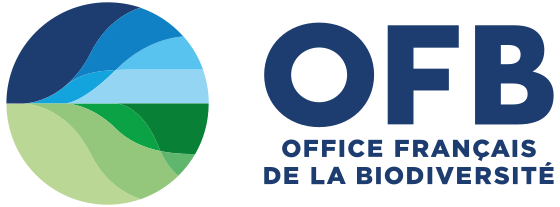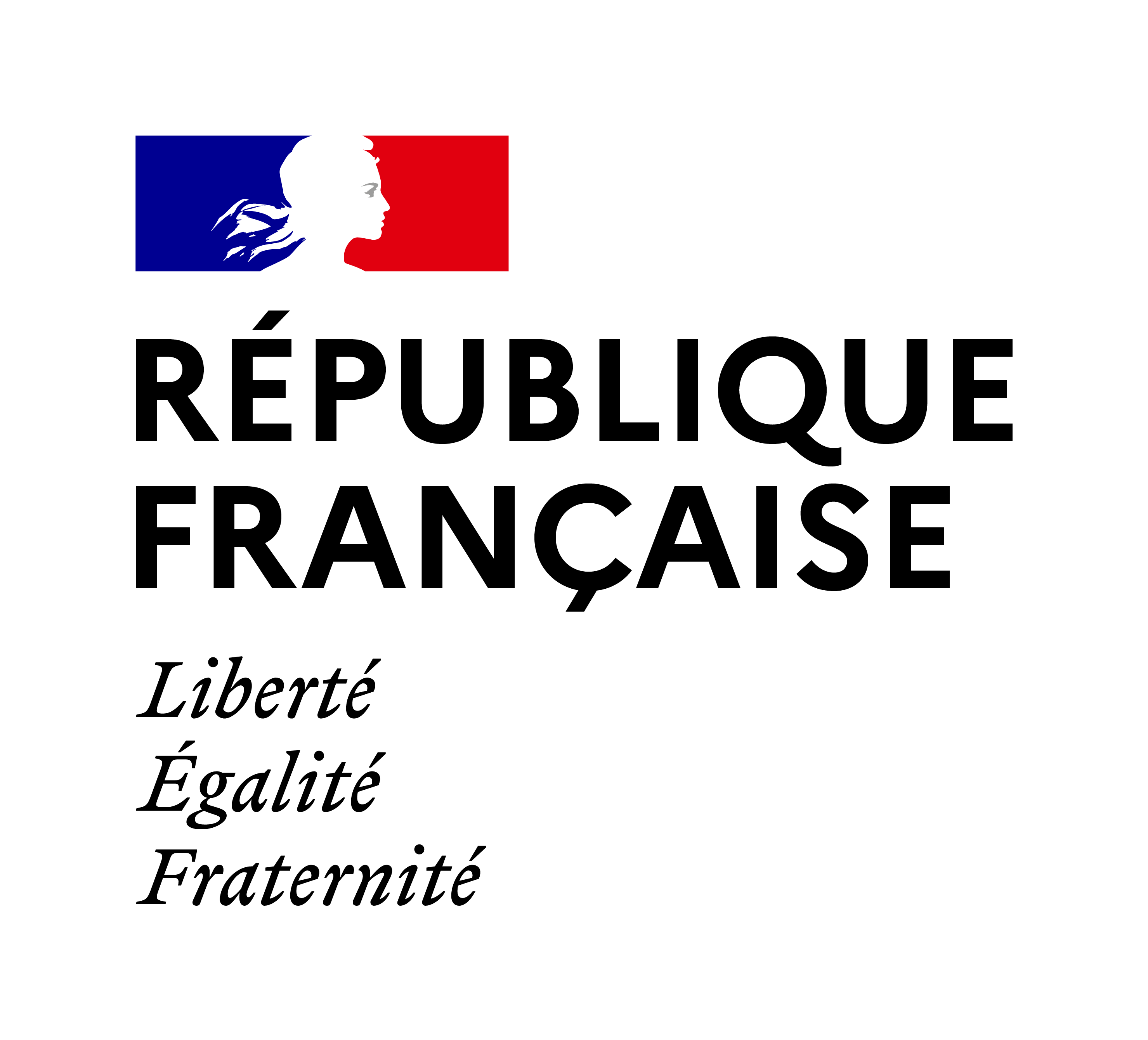Meetings
The aim is to highlight the seminars by presenting the main lines of these seminars in the form of a short summary illustrated with examples and testimonials. They help to disseminate information on the major issues of tomorrow, on the preservation and restoration of biodiversity, and in particular for achieving the goal of achieving good water status imposed by European and national policies.
A hardcopy of each document may be requested as long as stocks last. Please justify your request when writing to veronique.barre [a] afbiodiversite.fr
Research update on climate change and low-flow conditions in France - n°17 |
Scientists and water managers discussed the current directions taken by the quantitative hydrology research in France. The discussions addressed in depth the linked issues of climate change and the management of low-flow conditions, a major social and ecological issue. This document reports on progress in research and on the remaining issues.
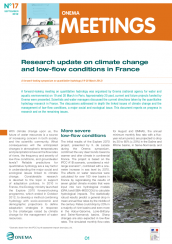
Engineering the water continuum - n°16 |
The notion of an aquatic continuum has become critical to understanding aquatic ecosystems in that it emphasises the need for an integrative approach, spanning both the spatial and temporal scales, to water management. Incorporating this concept in ecosystem engineering is a major challenge. In addition to mobilising integrated, multi-disciplinary scientific methods, this approach must take into account not only the fact that human uses of water are highly diverse and interconnected, but the many stakeholders as well.
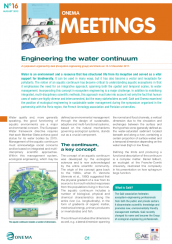
Management plan to save the eel. Optimising the design and management of installations - n°15 |
Over the past 3 years, the Eels & Installations R&D programme launched 18 research projects to optimise the design and management of installations to protect migrating eels. This feedback symposium sketched a panorama of the results achieved in a series of presentations addressing the operational aspects of issues. The presented solutions and tools pave the way for a collaborative response by the economic participants to the challenge of restoring the species.
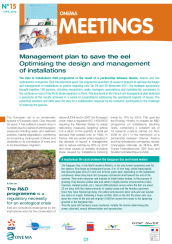
Water status and the Water framework directive. A review of assessment methods - n°13 |
In view of the 2nd management cycle of the Water Framework Directive, 2011 constituted a key year for developing and ensuring the compliance of water status assessment methods. 2 scientific information days focusing on bioindication were followed by 2 days of discussions in order to review the progress made, the prospects for the development of methods used for assessing water status in France, and the tools of the water status assessment system (système d’évaluation de l’état des eaux - SEEE).
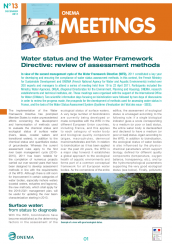
Treatment of wastewater, sludge and septage in small to mid-sized towns - n°11 |
The main goal of this symposium organised during the 2010 Pollutec trade show was to provide the French sanitation sector with operational tools to assist in meeting regulatory requirements and protect aquatic environments. It was also an occasion to hold a debate on priorities for research and future developments, taking into account operational needs.
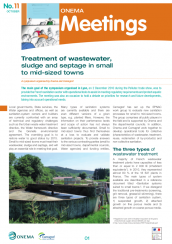
Drinking-water abstractions and nonpoint-source pollution - n°10 |
Protection of drinking-water abstractions from nonpoint-source agricultural pollution was already a major health issue 30 years ago and has today become an urgent regulatory problem. In parallel with the Water framework directive, which set goals for good water status by 2015, the Grenelle environmental agreement identified 500 priority abstractions for which action plans must be set up by 2012. The wide-ranging discussions produced a vast array of information on people’s experiences, technical solutions, opinions and questions. A review.
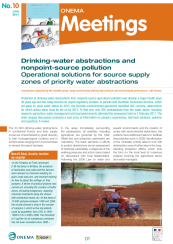
How should invasive species be managed in aquatic environments? - n°9 |
Exotic crayfish, bullfrogs, Japanese knotweed, primrose willows… invasive species are one of the main pressures that ecosystems are subjected to. Objective of this seminar on the management of these species in aquatic environments? Provide 3 days for exchanging between the various stakeholders involved with these species, while also providing scientific and technical knowledge that can improve management practices.
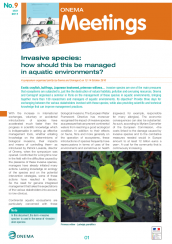
Good status of aquatic environments based on the scientific concepts of ecological engineering - n°8 |
The goal of this meeting was to shed new light on the issues involved in maintaining and restoring the quality of aquatic environments. The point was to take a new look at attaining good ecological status as defined by the European water framework directive (WFD) on the basis of ecological-engineering concepts, without undertaking a complete review of the methods used in this field.
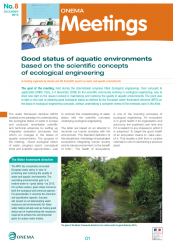
Mesocosms: their value as tools for managing the quality of aquatic environments - n°7 |
Mesocosms are artificial ecosystems used by researchers and industrial companies to study the long-term effects of chemical substances on the structure and operation of natural aquatic ecosystems. Could these experimental platforms be useful for managing the functioning of natural environments, notably for establishing environmental quality standards and developing monitoring tools? Are they sufficiently representative for use in setting regulations?
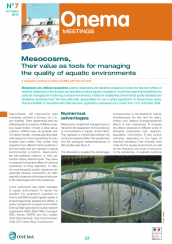
Climate change, impacts on aquatic environments and consequences for management - n°2 |
Building, on a national scale, sustainable dialogue between scientists and water managers in order to address the recognised climate change, that was the objective of this seminar. This dossier provides an overview of the current knowledge that was presented, the points of view expressed, and the questions raised over.
